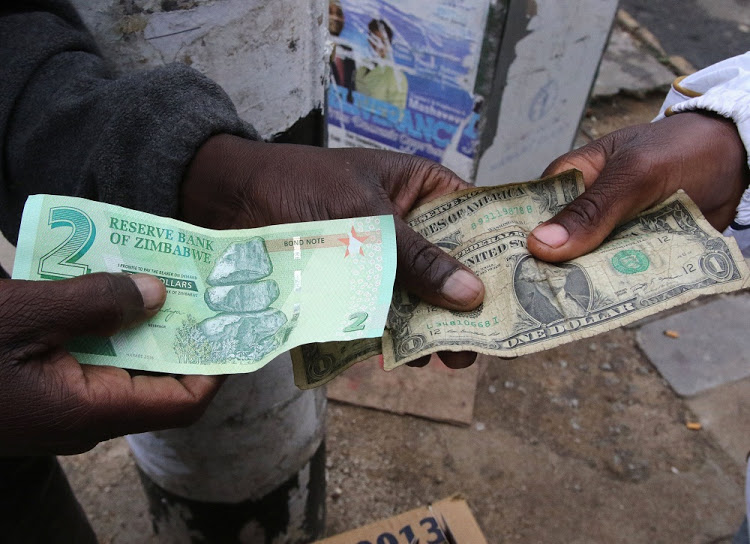By Elijah Chihota
President Emmerson Mnangagwa informed the international community during his address at the 74th Session of the United Nations General Assembly that Zimbabwe was in the process of repealing and aligning laws to do with the economy and trade to the new Constitution.
Since the adoption of the new constitution in 2013, some people were accusing Government of being too slow in repealing as well as aligning Acts and statutes to the supreme law of the land especially those of economic nature.
“Comprehensive and far reaching reforms are being implemented by my Government for the benefit, protection and economic prosperity of our people in line with their ever-changing aspirations,” said President Mnangagwa.
Foreign investors who were also eager to invest in Zimbabwe complained a lot about the strictness of the 51/49 percent shareholding in favour of locals and this has since changed.
“Zimbabwe is also reforming laws and regulations governing trade and investment and ease and course of doing business, restrictions on shareholding across all sectors of the economy have been removed,” said the President.
The International Monetary Fund (IMF) among other financiers used to raise eyebrows on the operations of State Operated Enterprises (SOEs) and often called for their privatisation and President Mnangagwa has heeded that call.
“Some public entities are being privatised,” informed President Mnangagwa.
In line with President Mnangagwa’s “Zimbabwe Is Open for Business” strategy, SOEs are now being privatised or enter into joint ventures with foreign investors so that they do not draw much funding from Government. The scrapping of the Indigenisation Act has also gone a long way in making the country attractive to investors and is bearing dividends with a notable influx of mining companies coming to Zimbabwe to get a piece of the cake.




